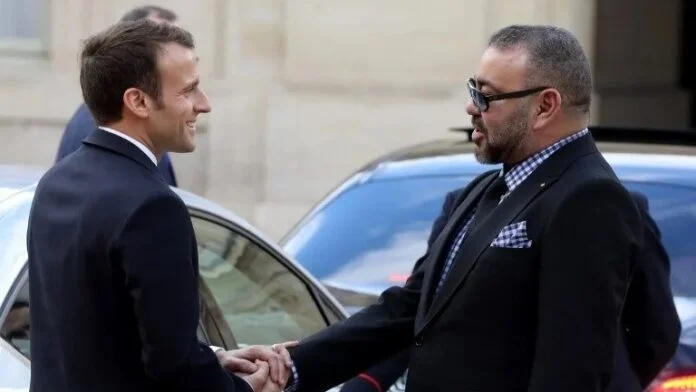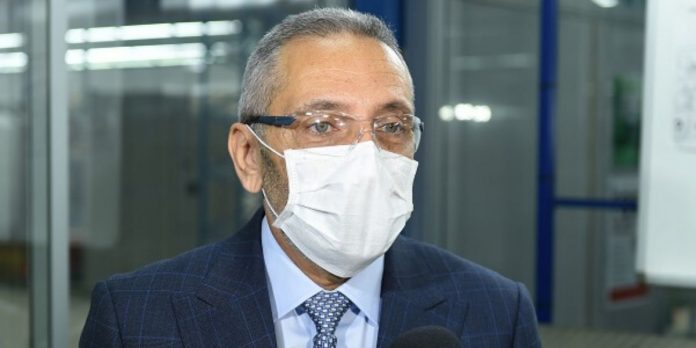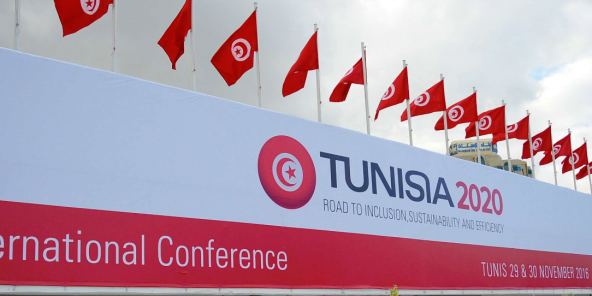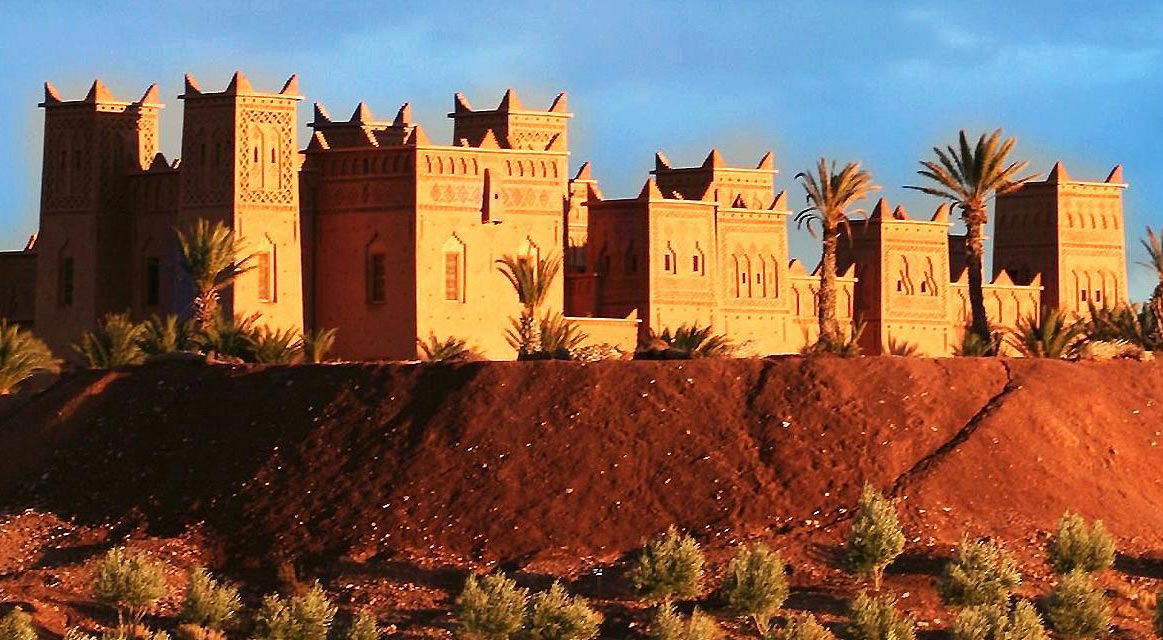Since the visit by French President Emmanuel Macron to Morocco in Nov. 2018 to launch a high-speed train not much has been achieved in political ties between the two countries, leading analysts to argue that the current form of bilateral ties has hit the limit.
France remains the first investor in Morocco with French automotive giant such as Renault and PSA – part of Stellantis- operating major plants in Tangier and Kenitra.
But France has been unseated over the last few years by Spain as Morocco’s first trading partner.
Politically, France has backed the Morocco-proposed autonomy plan for the Sahara, but its support falls short when compared with Spain’s superlative stance in considering the autonomy proposal as “the” solution to the Sahara dispute.
After the US recognition of Morocco’s sovereignty over the Sahara, Morocco was expecting that France would follow suit. But it has not yet done so.
King Mohammed VI, in his most recent speech, made it clear that the Sahara is the benchmark through which it assesses the efficiency of partnerships, a message that can also apply to France which- as an economic partner for Rabat- has yet to make its position regarding Morocco’s territorial integrity unambiguously clear.
In his address, the monarch said he expects some from states among Morocco’s partners- whose stances concerning Moroccan sovereignty over the Sahara are ambiguous- to clarify their positions and reconsider them in a manner that leaves no room for doubt.
Morocco has been pushing for a lasting political and mutually acceptable solution to the conflict. Buoyed by recent inroads in the defense of its territorial integrity, Rabat awaits a clear position from Paris in support of this international momentum in favor of Morocco’s sovereignty over the Sahara.
However, the indicators available so far leave much to be desired. France has slashed by 50% the number of visas granted to Moroccans and Macron made irresponsible comments to say the least when he “demanded”, in a tweet, Moroccan authorities to help French nationals stuck in the country during the Covid-19 outbreak. His tweet was impolite and unworthy of a President of a state that has close ties with Morocco.
France has also treated Morocco on par with Algeria where Francophobia is a doctrine of the military regime when it imposed visa restrictions on both countries.
Paris has in fact ignored decades of Moroccan cooperation to curb illegal migration.
Anti-Morocco circles in France have also used an uncorroborated Amnesty report to accuse Morocco of using Israeli technology to spy on French officials. The accusation was rejected by Morocco which demanded Amnesty to show hard evidence and sued those who spread rumors in the media.
Analysts also think that Morocco’s push to diversify its economic and diplomatic partners as well as its inroads in Africa are worrying some circles in France who do not want a partnership of equals with Rabat.
Given this context of diplomatic silence in French-Moroccan relations, the best way possible to revamp such a multipronged relationship- that covers cultural, educational, economic and political dimensions- is through the expression of a clear and unambiguous stand that is in line with reality on the ground and historical facts. Paris needs to follow Washington’s and Madrid’s suit if it wants its ties with Morocco to grow.
Otherwise, Morocco will look elsewhere and forge ahead with other global powers that acknowledge its territorial integrity and historical rights.



